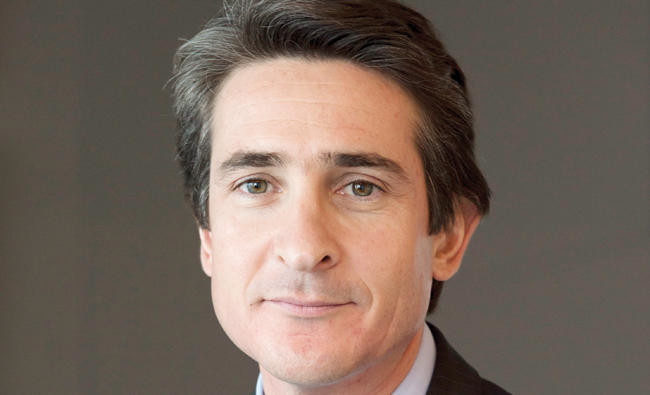RIYADH: French multinational giant Thales Group has voiced its support for Saudi Arabia’s national defense production. Thales serves the defense, aerospace, transport and security sectors.
Thales chairman and CEO Patrice Caine was in Riyadh on Saturday giving an overview of the group’s regional activities. He affirmed Thales’ commitment to assisting Saudi localize its defense industry, in line with Vision 2030.
“Our strategy is to localize activities and further develop capabilities in the region through training and knowledge-transfer programs within our defense as well as security and civil businesses,” Caine said.
“A big step toward this is through the opportunity to localize part of the manufacturing element of our business here in the region. Thales has partnered with Saudi companies to produce certain products specifically for the Saudi market within the Kingdom. This is something we are extremely proud of as a company, where it will allow us to contribute to the development of the Kingdom’s economy in line with Vision 2030.”
Caine praised the launch of Saudi Arabian Military Industries (SAMI) in May, calling it “a great initiative” and claiming that Thales already has “great ideas” to be developed in partnership with it.
Thales is ramping up its presence in the region, he said, with the Middle East defense market set to reach $180 billion by 2020. Caine noted that Saudi Arabia and the UAE are in the world’s top 10 spenders on defense.
“At the moment, roughly 60 percent of our projects in the region are defense-related,” Caine added. “We are … trusted to assist armed forces to achieve and maintain tactical superiority and strategic independence over any form of threat.”
Caine explained that Thales currently serves five markets in the region: defense, security, ground transportation, aeronautics, and satellites.
Referring to the blossoming Saudi-Thales relationship, Caine noted: “A key involvement for us is the security of the holy sites in Saudi Arabia — Makkah and Madinah — which is supported by Thales’ technology.”
In terms of physical presence, Thales’ operations cover the entire Kingdom through its offices in Riyadh, Jubail, and Jeddah. “We have over 700 employees including 30 percent Saudis covering the group’s entire sector portfolio,” the Thales chief explained.


French giant Thales lends support for Saudi military industry
French giant Thales lends support for Saudi military industry

Saudi FM discusses regional developments with Turkish counterpart

RIYADH: Saudi Foreign Minister Prince Faisal bin Farhan received a phone call on Monday from Turkish Foreign Minister Hakan Fidan, Saudi state agency SPA reported.
The two sides exchanged views on the latest regional developments.
© 2026 SAUDI RESEARCH & PUBLISHING COMPANY, All Rights Reserved And subject to Terms of Use Agreement.














